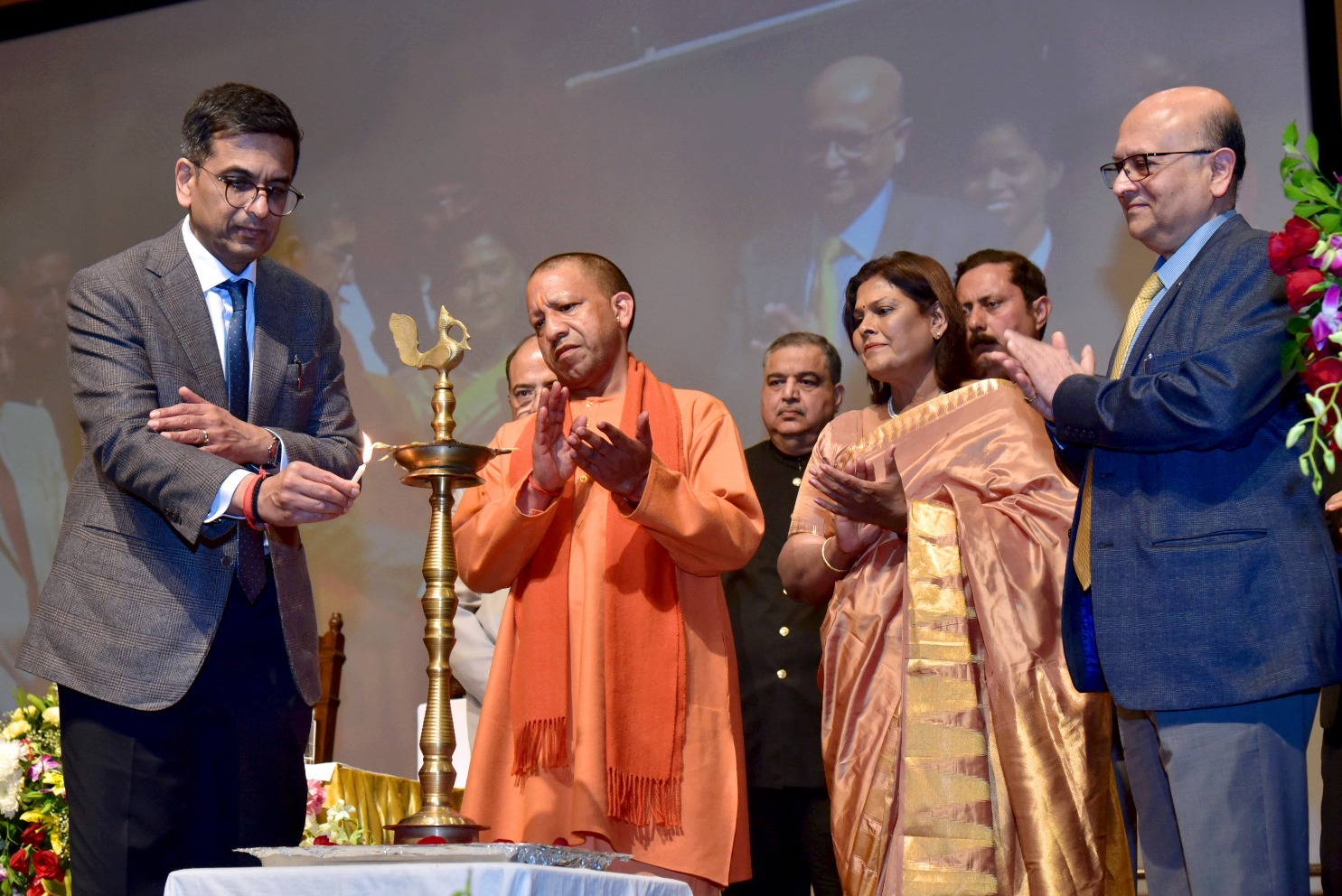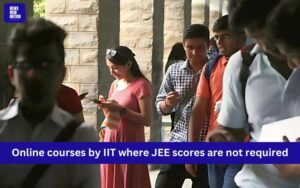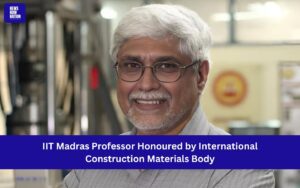
Chief Justice of India, Justice D Y Chandrachud, delivered a compelling message on the imperative need to extend university education in law to remote rural areas, addressing the prevailing imbalance in opportunities for students from small towns. Speaking at the inauguration event of the Dr Rajendra Prasad National Law University, he underscored the transformative role of technology in reaching far-flung students.
In a thought-provoking discourse, Justice Chandrachud shed light on the inherent bias within the contemporary legal education system, emphasizing its favoritism towards English-speaking urban children. Despite notable developments in legal education, the system’s limitations hinder diversity, particularly for children from diverse backgrounds.
A survey conducted on the diversity landscape across five law universities further illuminated the disparities. It revealed that students from varied backgrounds face challenges in gaining admission to these institutions primarily due to language barriers. The language-centric admission criteria inadvertently exclude a substantial pool of talented individuals, perpetuating a system that favors fluency in English.
Justice Chandrachud’s call for extending legal education to rural areas is rooted in the belief that technology provides a viable means to bridge the educational gap. The advent of technology has empowered educational institutions to reach students in the remotest corners of the country. This move aligns with the broader vision of democratizing education and ensuring that legal studies are not confined to urban centers.
The Chief Justice’s emphasis on the limitations imposed by English as a prerequisite for legal education resonates with the challenges faced by students hailing from non-English speaking backgrounds. The survey findings starkly highlight the stark reality that a significant number of bright minds are excluded from legal education opportunities due to language constraints.
As India progresses towards a more inclusive and equitable society, the legal system must evolve to reflect these values. Justice Chandrachud’s proposition aligns with the principles of justice, equality, and access to education for all. By extending legal education to remote areas, the legal profession can tap into a diverse pool of talent, enriching the field with different perspectives and experiences.
Moreover, the Chief Justice’s suggestion aligns with the broader trends in education, where the focus is shifting towards decentralization and accessibility. The digital era has opened new avenues for education delivery, making it possible for students in remote areas to access high-quality legal education without relocating to urban centers. This not only promotes inclusivity but also contributes to the overall development of legal scholarship across the nation.
In light of the survey’s findings, which underscored the barriers faced by students in gaining admission to law universities, it becomes evident that language should not be a hindrance to pursuing legal studies. By dismantling language barriers and extending legal education to rural areas, India can nurture a legal community that is representative of its diverse population.
Justice Chandrachud’s advocacy for a more inclusive legal education system also aligns with the broader goals of social justice. In a country as diverse as India, ensuring equal opportunities for legal education is integral to fostering a just and equitable society. The legal profession, often considered a bastion of justice, must lead by example in embracing diversity and dismantling barriers that hinder equal access to education.
- Chief Justice D Y Chandrachud’s call to extend university education in law to remote rural areas is a clarion call for a more inclusive and accessible legal education system. By leveraging technology and dismantling language barriers, India can ensure that legal education reaches every corner of the nation, empowering students from diverse backgrounds to pursue their aspirations in the legal field. This visionary approach not only aligns with the principles of justice and equality but also sets the stage for a legal system that truly represents the rich tapestry of India’s cultural and linguistic diversity.








